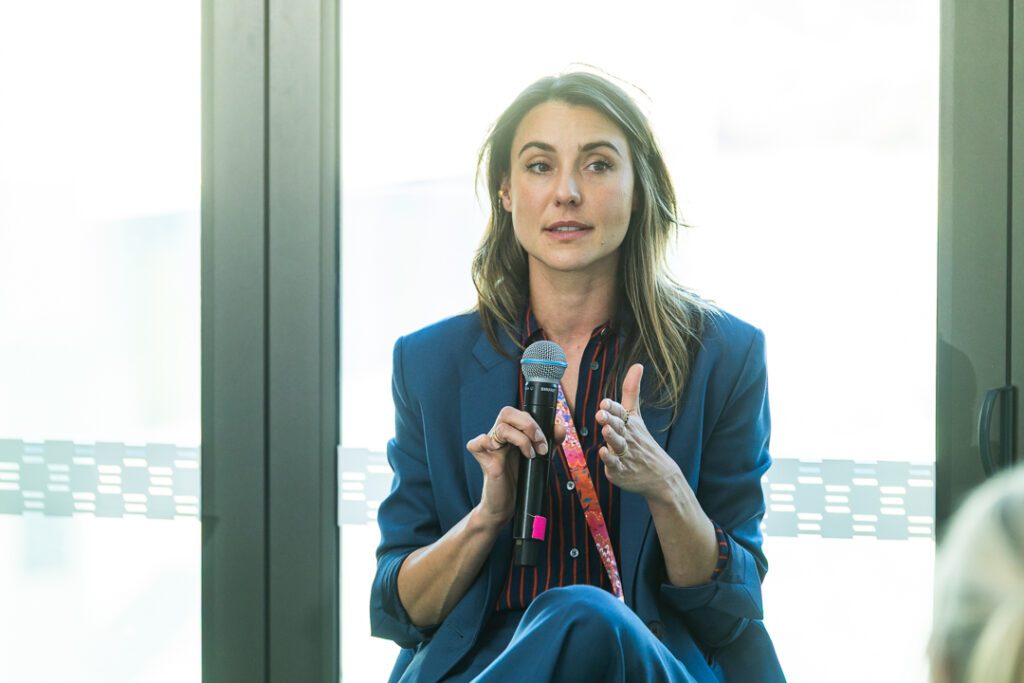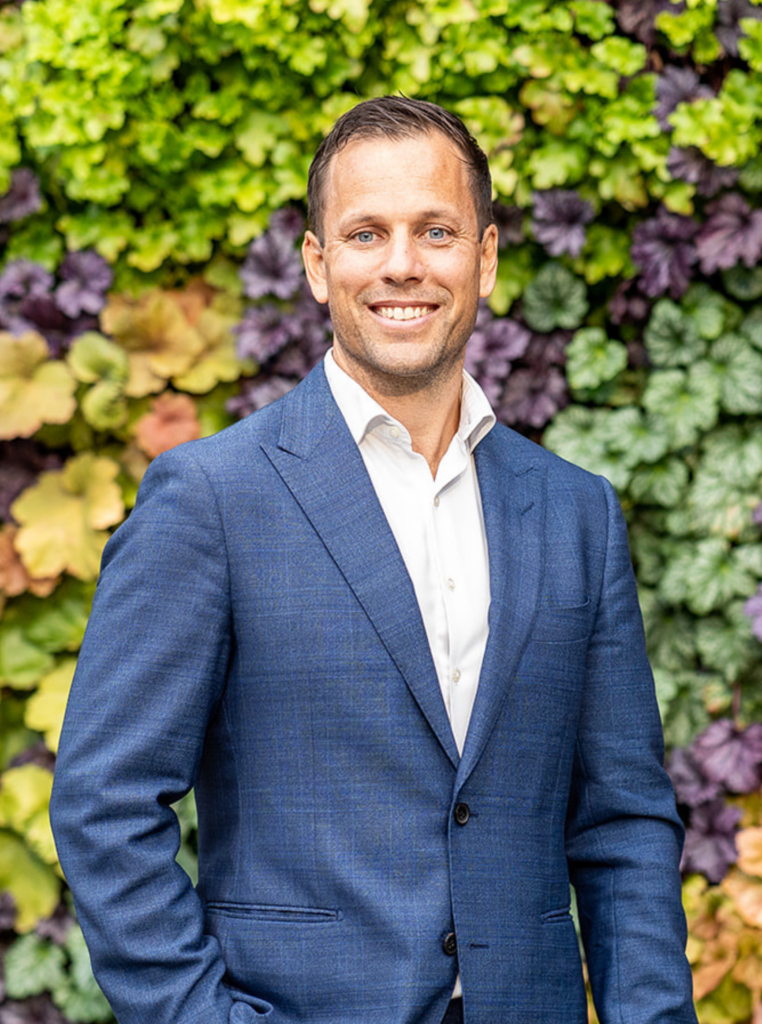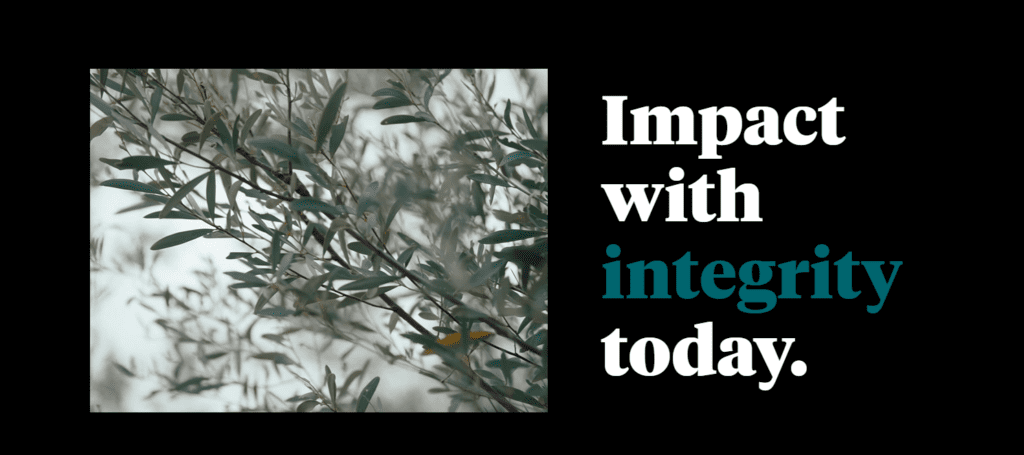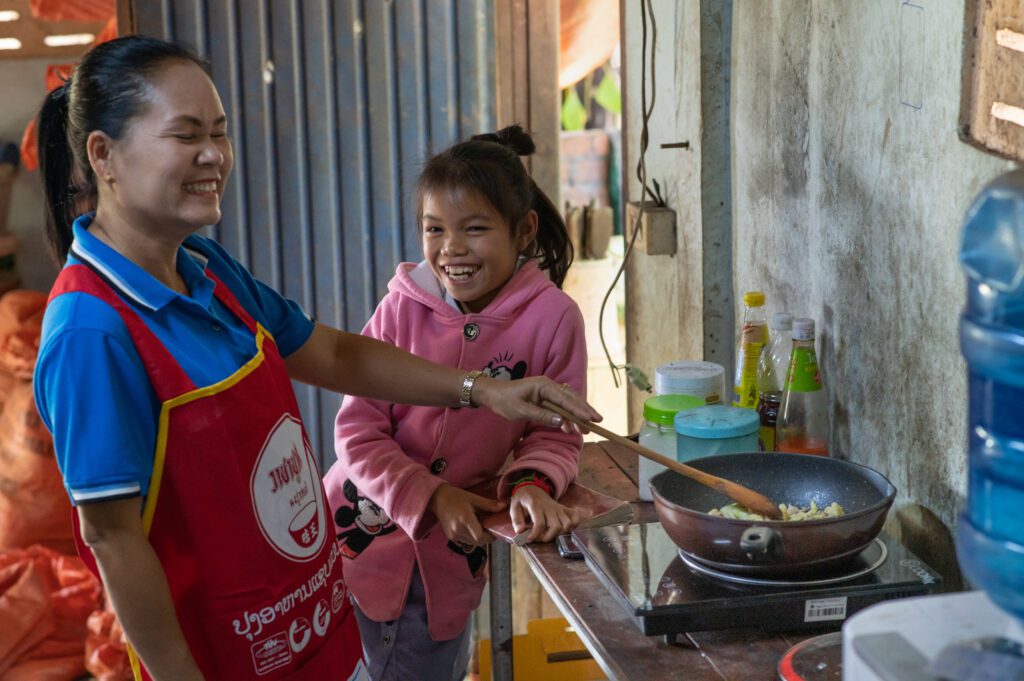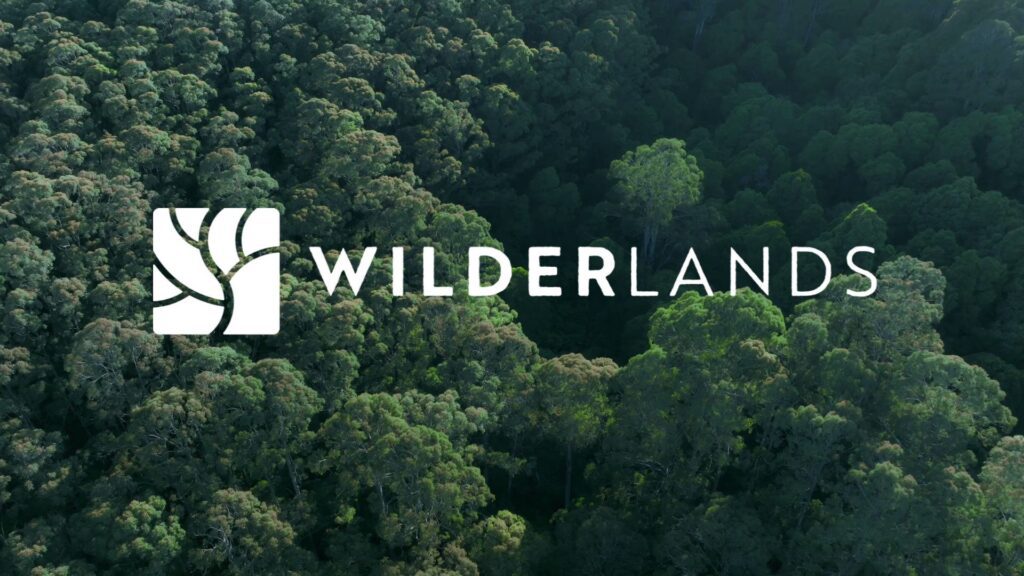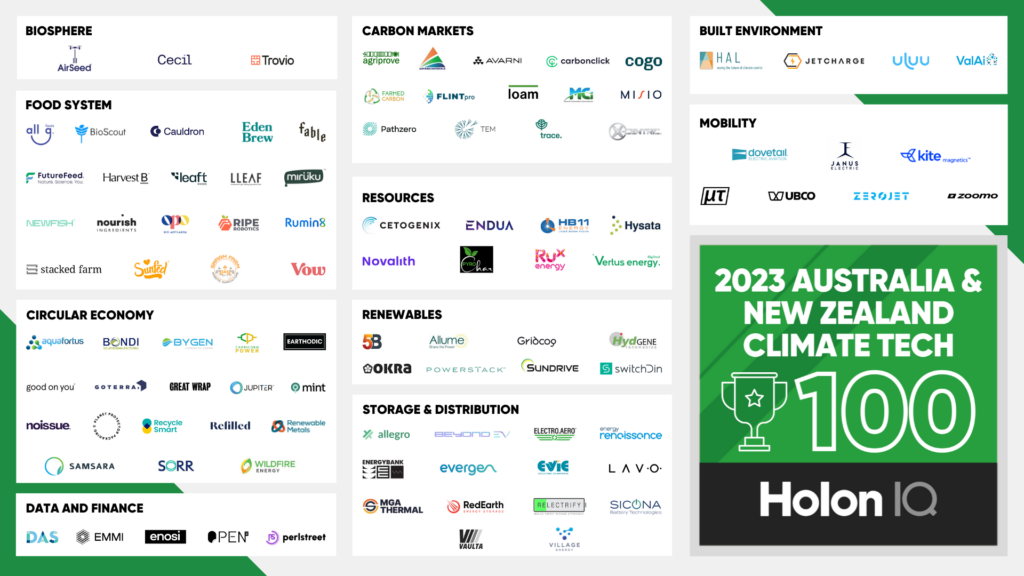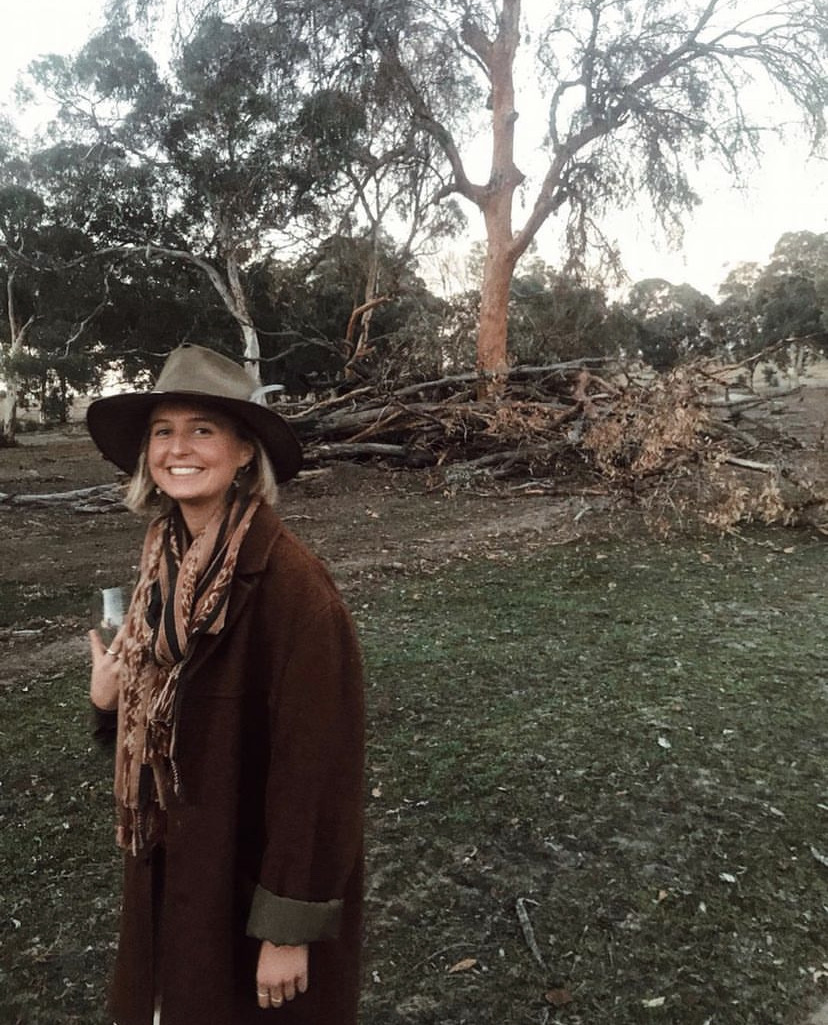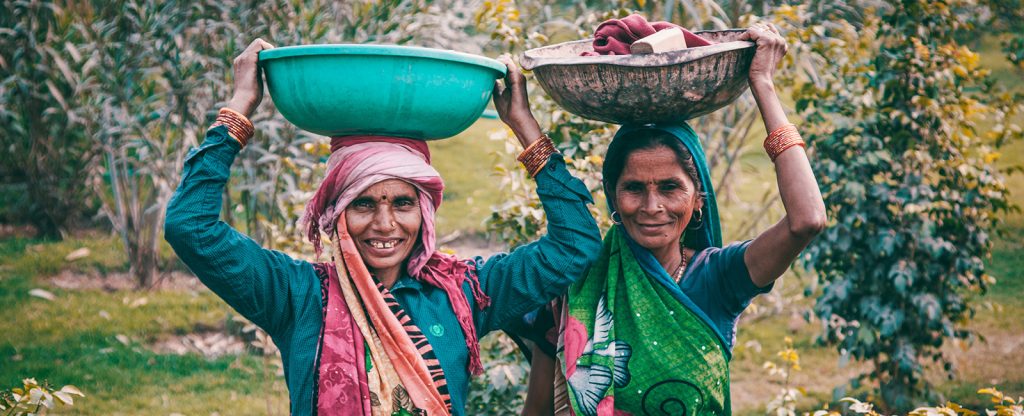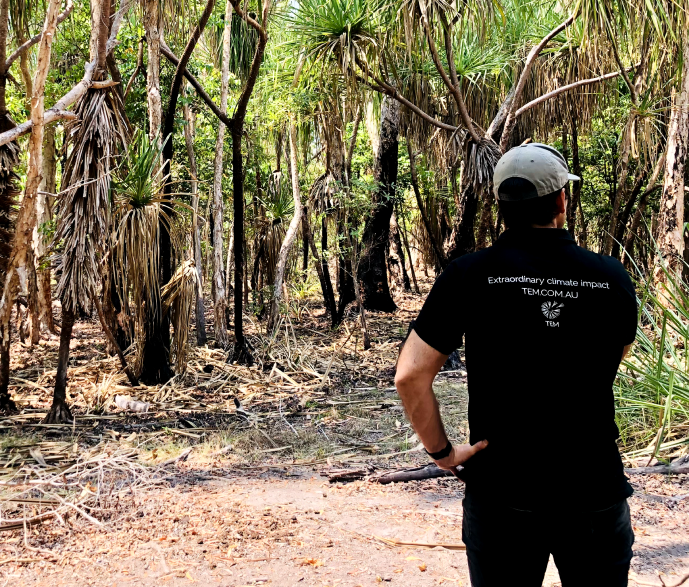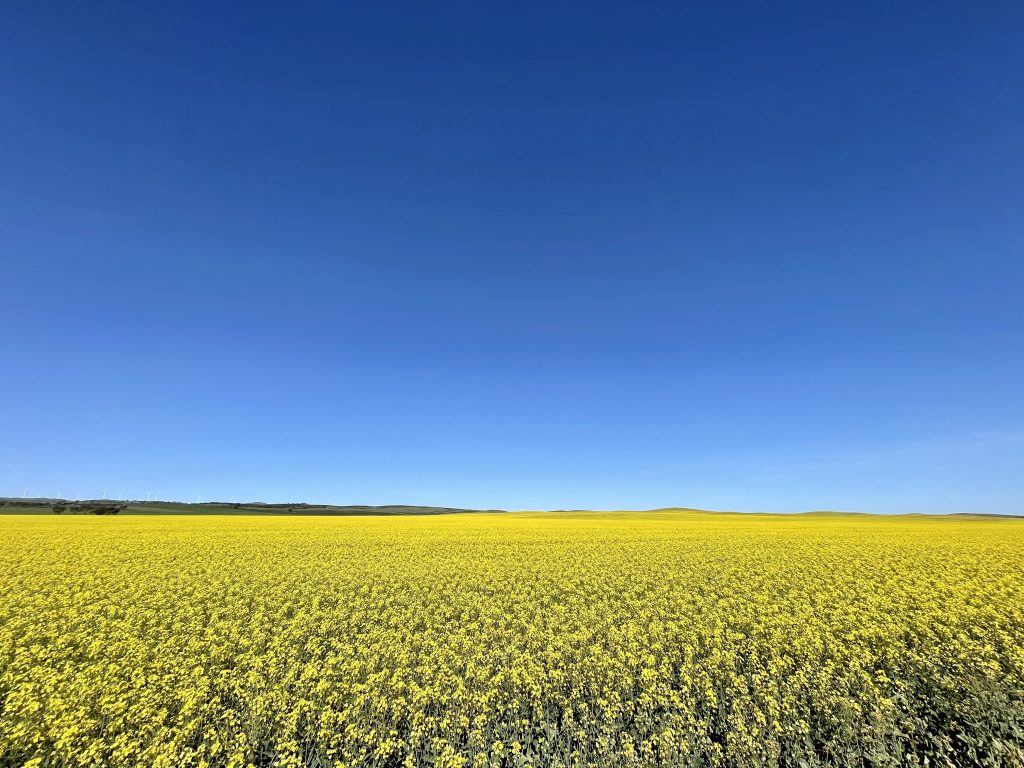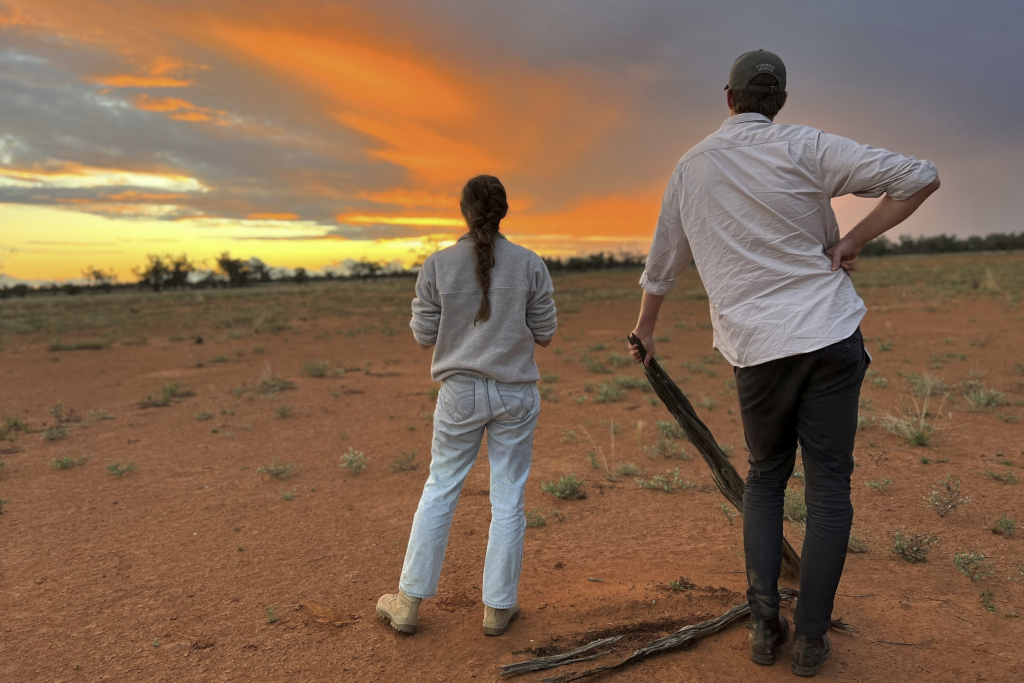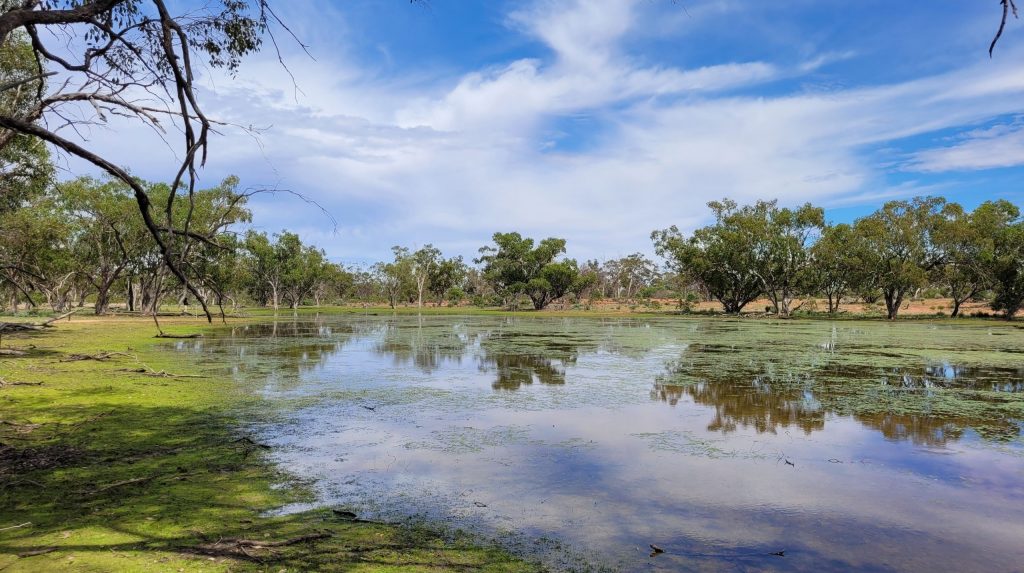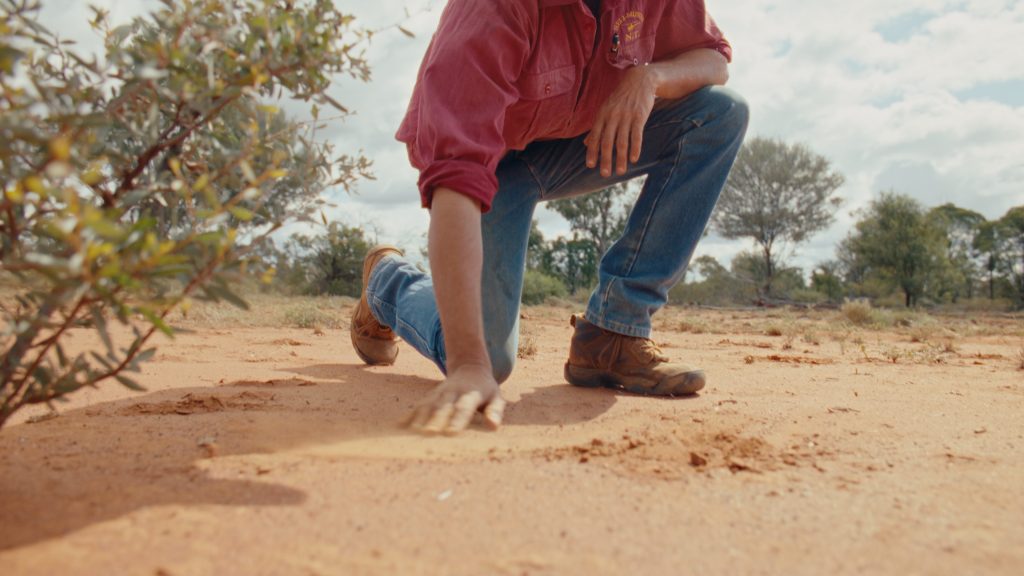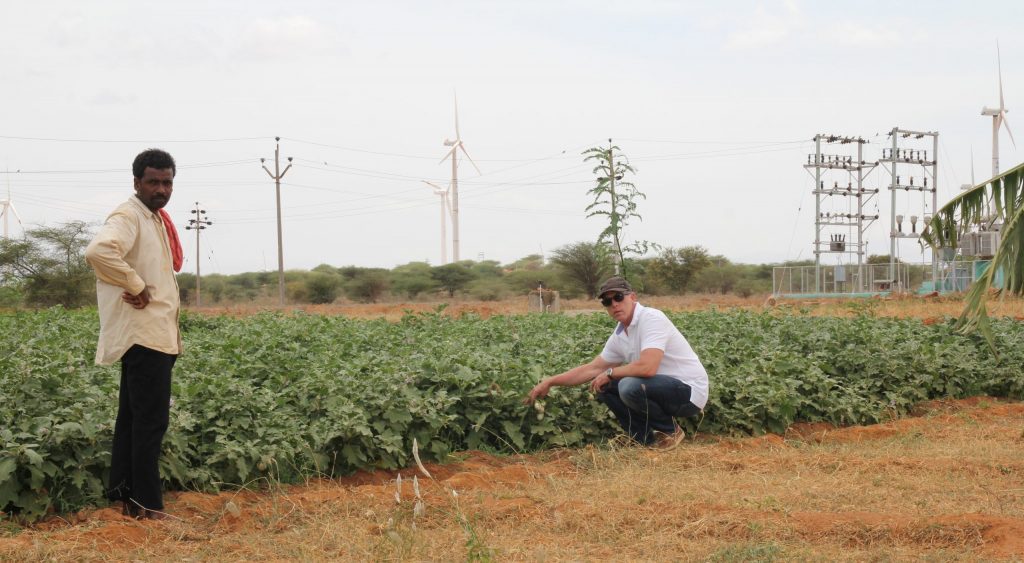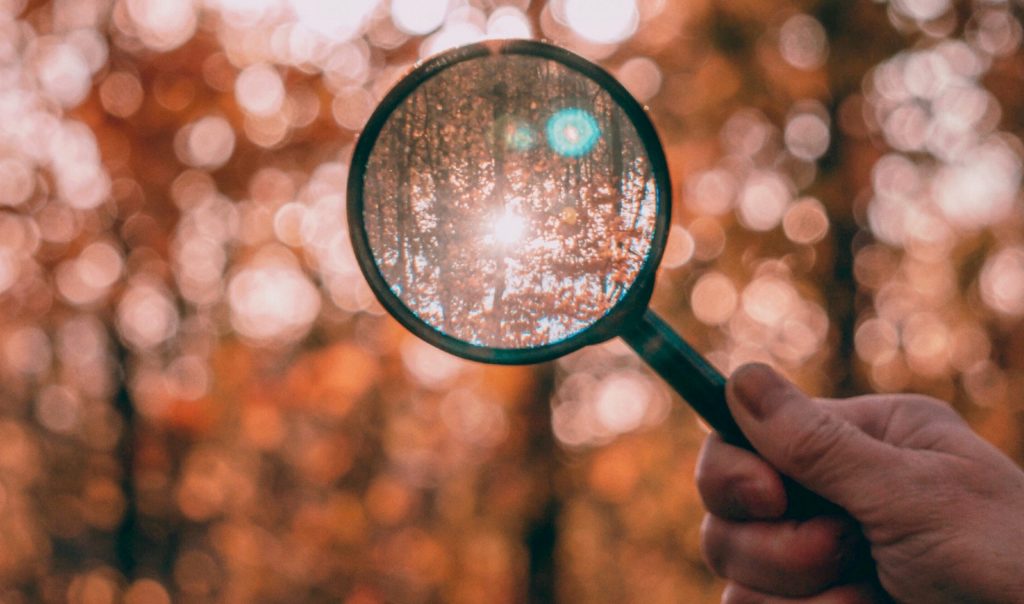Originally published by Gabriel Machovsky Capuska on 27 Mar 2022.
A photo of a breaching southern right whale sparked my passion for animals and nature at 10 years of age.
I grew up in Mar del Plata, one of the most popular tourist cities during the Argentinean summer, the ocean was my backyard. I learned how to swim at a very young age and by adopting the beach as my second home, the ocean not only polished my swimming skills but made me aware of its immensity and its natural power.
The dreams that shaped my life
During the early stages of primary school, I recall reading an interview with a famous person where and the questions related mostly to his aspirational dreams. At the time I did not understand what “dreams” really meant, apart from being free and providing you with liberty to disconnect from the daily routine while enjoying some minutes of self-realisation. While pretending to be interviewed, I pencilled down a list of things that brought happiness to that moment: becoming a professional lifeguard, working as a marine biologist, travelling across Argentina, visiting Antarctica and Australia, and building a family. I must confess that many years later I learned that visualisation is a great technique to achieve your dreams.
Now looking back, I can say that I’ve had over 10 years experience as a professional lifeguard and during this time I was involved in many rescue operations that assisted multiple people that were experiencing the power of nature. In parallel to my lifeguard career, I was a part-time student in biological sciences aiming to graduate as a marine biologist.
My first real experience on the effects of climate change in our ecosystems, occurred in a 2003 during a backpacking trip to Los Glaciares National Park (Glaciers National Park) in Patagonia, Argentina. During this trip, I travelled with three friends, a map and a compass through pristine Andean-Patagonian forests and numerous glaciers located in the area. Different photos across the national park were a real testament of how high temperatures have increased melting rates thinning and retreating glaciers in the Patagonian icefield.
It’s funny how life opportunities are presented to us. The day of my last undergraduate exam I started interviewing for roles working as a researcher in Antarctica. It was also interesting to see how two of my passions (lifeguard and marine science) provided me with the necessary life skills and experience to be part of an Antarctic campaign. I must admit that those 8 months living on a remote island, melting ice water for cooking and drinking, living in a very rustic shelter with no electricity, formed a life changing experience. During my two summer campaigns, I learned how fragile and miniscule humans are compared to our ecosystems and the processes that shape them. But I have also learned how our man-made pollutants (e.g., plastics, debris, and metals) damage our species and their environments.
With my Antarctic experience I empathised with the challenges of those early pioneers who explored the continent and improved my understand that everything I wanted to dream and achieve was possible. I have also discovered a voracious appetite for learning and understanding more about our natural environment and how animals coexist with us, while coming to the conclusion that “… you can’t protect what you don’t understand …” (thanks to David Attenborough!). These realisations, combined with some life stories I heard at that time, led to my decision to learn English as a second language and chart my own life expedition to New Zealand.
The lands Down Under
Upon arrival in New Zealand in 2007, I experienced a culture shock. Those hours of watching Friends while submerging myself in the grammatic intricacies of a new language were in vain. It was clear for me that my basic command of this new language led to a complete loss of my personality. I secured quick cash by painting a very large house, but I quickly realised that to succeed in this expedition I must become proficient in this new language very fast. Thus, for a cultural immersion I worked 8 months as a barista in the Britomart Transport Centre in Auckland. The funny side is that I was fired on my first day, however after working a couple of days for no salary, I ended up succeeding and I was rehired.
New Zealand ended up being a blessing in my life. I relaunched my career as a scientist by doing a PhD in Ecology while receiving some research accolades along the way. But, most importantly, I met my wife and daughter and had a son, building a wonderful multicultural family (South African, New Zealand, Argentinean) that is united by our current Australian dream and sense of accomplishment.
Lessons learned from my research
Over the past 15 years working in different areas of industry and academic science, I learned that “… as much as you know something, you know nothing…” (thanks Socrates!). Through different research projects, I’ve extensively studied diverse impacts of climate change (i.e., environmental fluctuations, tropicalisation, malnutrition, plastic pollution) on different aquatic and terrestrial species, and how they adjust their behaviours, physiology, nutrition, habitat use and reproduction based on these challenges. Despite running multiple ecological projects, writing innumerable peer-review articles, delivering countless seminars and obtaining some additional accolades, I recognised that my contribution to protect our ecosystems from climate change was very limited.
The “TEM experience”
The realisation that led me to understand that after these multiple chapters of my life, it was time for me to tailor my situation with a hands-on job, with real purpose. Although I am new to the TEM experience, I have already encountered a collaborative and multidisciplinary team that focuses on the sustainability of our environment, through conservation and protection of forests, and the broad range of species that inhabit them all the while changing people’s lives by improving living standards in an efficient carbon neutral manner.
I am thrilled to be part of the further development and expansion of the Climate Positive International team, and to acknowledge that this ‘TEMpting’ adventure has only just begun.


